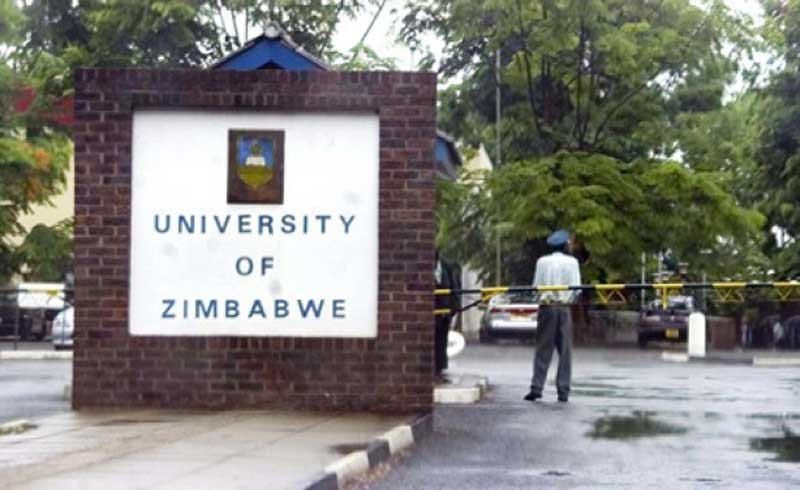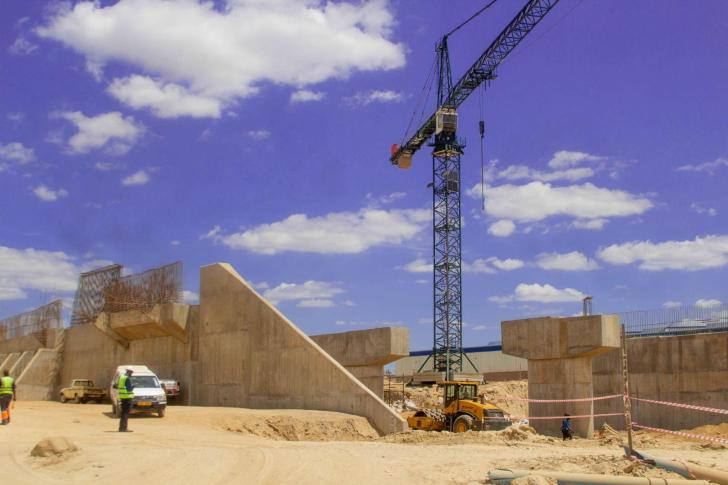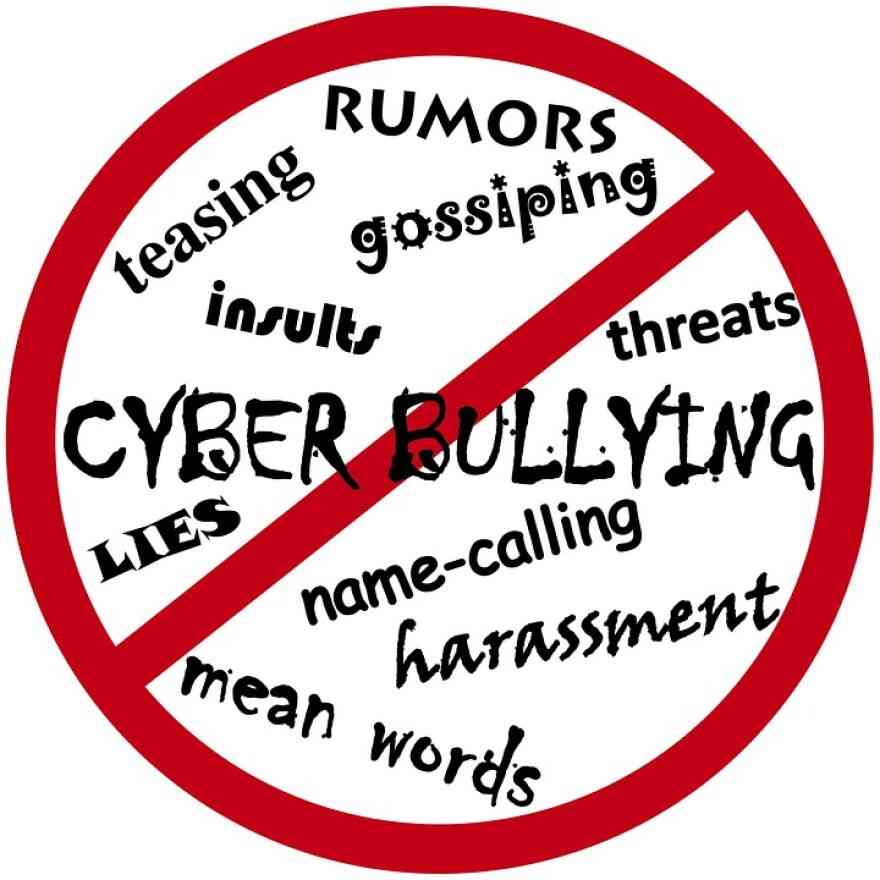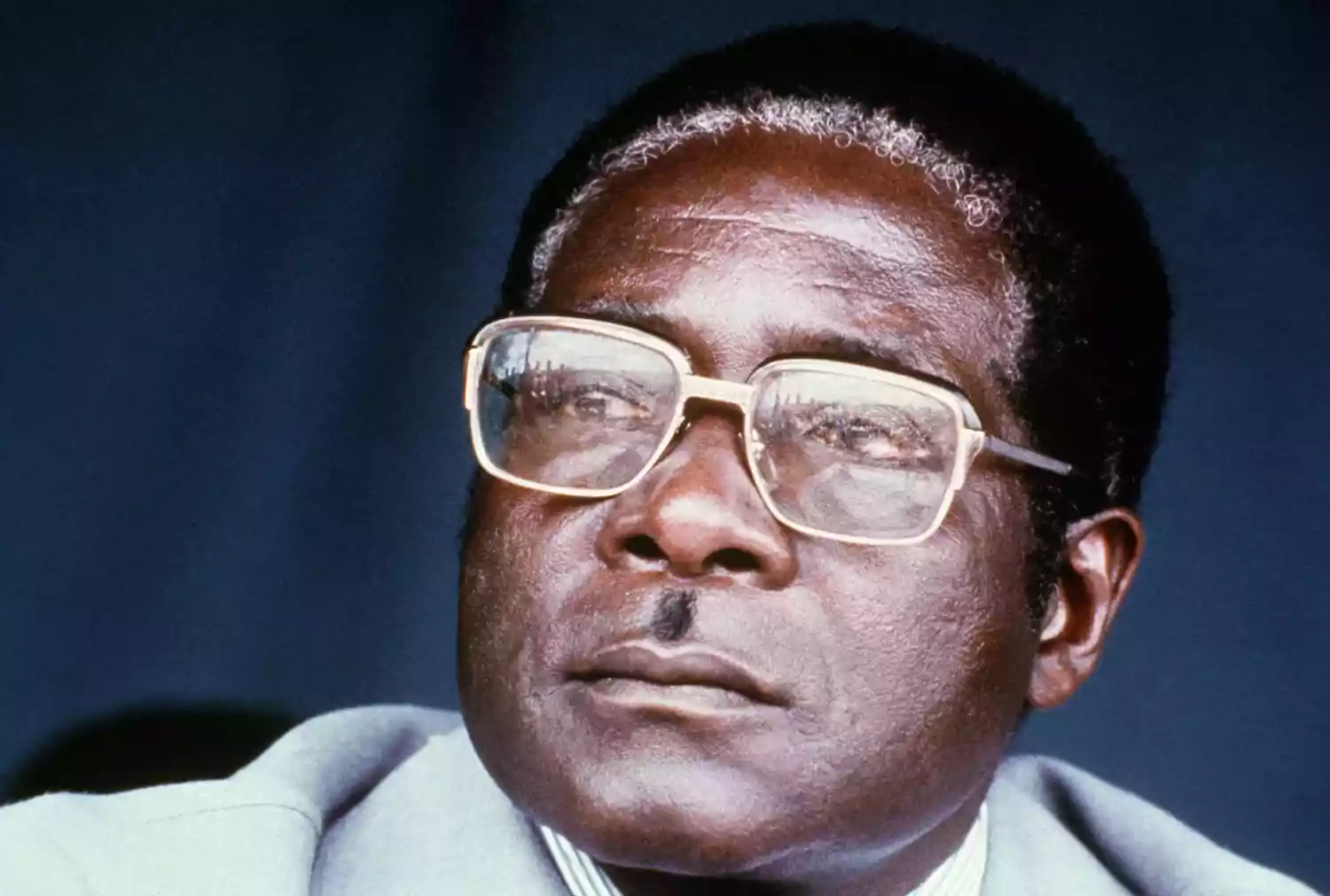
With an imploding economy and a continuously closing democratic space in Zimbabwe, students at state universities and the University of Zimbabwe in particular are faced with an array of challenges that they have to confront in their everyday life.
Admittedly, the nature and degree of challenges faced by students differs across gender and social groups (males, females, the haves, the have nots and students with disability.)
However, this note serves to bring out some of the common issues affecting students at the University of Zimbabwe.
The most besetting challenges that have characterized everyday struggles at the University of Zimbabwe include limited access to on-campus accommodation, transport problems, poorly developed online service system, securing industrial attachment in a collapsing economy and captured student representation.
Arguably, students’ life and the challenges they face at the University of Zimbabwe are a micro-commentary of the state of the economy and politics in the country.
One of the most defeating challenges that define everyday student life at the University of Zimbabwe is lack of access to on-campus accommodation.
UZ has an average student population of over 18 000, but can only accommodate about 6 100 students.
This leaves above two thirds of the students’ population as non-resident students.
- Education 5.0: Blessing or curse for UZ students?
- UZ in fees shocker
- Deliver free education, govt told
- Police break up UZ protests
Keep Reading
Generally, the university prioritises university on-campus accommodation to first and final year students and students with special needs (those with disability and those enrolled in programs like medicine).
While the prioritisation is rational, more than two thirds of students will have to figure out how to travel between campus and wherever they reside, putting pressure on their times to study and to attend to lectures efficiently.
The downside of the current accommodation allocation system is that it is a random-selection-system among the priority groups, which does not decipher the specific accommodation needs of the targeted groups of students.
Previously, while accommodation was reserved for first and final years, further priority was given to those who came from outside Harare.
This would minimise pressure on those who did not have homes in Harare or at least relatives who could accommodate them.
With the current random-selection-system, there is a high probability that the few who are allocated accommodation are those who ordinarily reside in Harare (mostly so because they have better access to online accommodation application platforms than those from outside Harare), depriving those who come from further to access accommodation
Lack of accommodation puts transport pressure on students.
Getting transport to and from campus is such a huge hustle that non-residence students face on a daily basis (except very few who are picked up by their parents, spouses or partners).
- Shumirai Maliseni (Zimbabwe Coalition for Debt and Development)
Zim human rights situation deteriorated in 2022
The human rights climate in Zimbabwe deteriorated in 2022 without the government taking any meaningful steps to uphold rights and ensure justice for serious past abuses primarily committed by state security forces.
There has been little progress on investigations into abductions, torture, arbitrary arrests, and other abuses against opposition politicians and activists.
The government has yet to pass the Independent Complaints Commission Bill to establish an independent complaint mechanism — as provided by Zimbabwe’s constitution — to receive and investigate public complaints against the security services.
Repression of civil society organizations and activists continued unabated in 2022. In November 2021 the government proposed a bill to amend the Private Voluntary Organisations (PVO) Act to further restrict the operations of nongovernmental organisations.
The government said the amendment is aimed at curbing terrorism financing and money laundering to comply with the Financial Action Taskforce recommendations.
There are, however, concerns that its passage would seriously threaten the right to freedom of association in the country.
The Cyber and Data Protection Act of 2021 has further undermined the rights of Zimbabweans, including civil society groups and human rights defenders.
In February and March 2022, the authorities slowed down the internet significantly with disruptions,during rallies and demonstrations by opposition parties and their supporters.
Section 73 of the Criminal Law (Codification and Reform) Amendment Act, 2006 (Criminal Law Code), which punishes consensual same-sex conduct between men with up to one year in prison, a fine or both, contributes to stigma and discrimination against lesbian, gay, bisexual and transgender people.
Authorities often arbitrarily arrested, harassed, and prosecuted critics of the ruling party through lengthy detentions and trials.
Notable critic and author, Tsitsi Dangarembga and another protester, Julie Barnes, have faced a prolonged trial since their arrest in July 2020 during an anti-government protest on charges of public incitement to violence, breach of peace, and bigotry.
On September 29, the Harare magistrate court gave them a six-month suspended jail sentence and a fine for participating in a public gathering with the intent to incite violence and for breaking Covid-19 protocols.
Opposition party members — Cecilia Chimbiri, Netsai Marova and an MP, Joanna Mamombe — were in court 61 times between January and May 2022, facing charges of faking their own abduction.
The authorities are prosecuting the three women for reporting that in May 2020 they were abducted from police custody by suspected state security agents, assaulted and sexually abused, then dumped in Bindura.
They were accused of taking part in a protest against the government during the Covid-19 lockdown. Failure to investigate these women’s reports of assault and sexual abuse violates the country’s obligation to ensure access to justice and effective remedies in cases of human rights violations under international and African regional human rights law.
More than four years after the Motlanthe Commission of Inquiry’s into the 2018 post-election violence, no steps have been taken to implement its recommendations.
This includes ensuring justice for the six people killed and 35 injured by government security forces.
The World Bank ranked Zimbabwe second out of 177 countries for food price inflation between April to July 2022, which has contributed to deteriorating food security.
As of August 2022, the World Food Programme estimates that between 30% and 38% of the rural population is food insecure.
This is despite the minister of agriculture stating that Zimbabwe would attain food security by 2022 through agricultural transformation.
Climate change — which has exacerbated floods, cyclones, and droughts—the Covid-19 pandemic, and the war in Ukraine have led to a food crisis in the country. climate change exacerbating floods, cyclones, and droughts. the Covid-19 pandemic, as well as the ongoing war in Ukraine have led to a food crisis in the country.
While the government has introduced several action plans to address the growing food insecurity in the country, such as the National Nutrition Strategy and the National Policy on Drought Management, there has been no effective implementation of farming projects, allegedly due to corruption, poor policy implementation, and lack of coordination among the ruling and opposition political parties.
Many parts of Zimbabwe continue to face a water crisis, with some places in Harare going without safe water for years, and residents turning to potentially contaminated wells and boreholes.
Human Rights Watch research shows that neighbouring towns like Chitungwiza, Ruwa, Epworth, and Norton draw water from Harare’s water system, which is reportedly contaminated with algae and toxic substances linked to incidents of water-borne diseases in those locations.
In 2022, according to media reports, water supplies varied from erratic to non-existent in some parts of Harare, following a reduction in water production at Morton Jaffray Water Treatment Waterworks.
The country’s second largest city, Bulawayo, has faced similar water shortages.
In March, Bulawayo authorities introduced 20-hour day water rationing due to poor rainfall. Access to safe water has also remained a challenge in rural areas with some areas being more affected than others due to a lack of reliable water sources, such as dams and boreholes.
The government has taken some positive steps to address the crisis, including setting aside US$5.3 million for a critical Harare water treatment project.
There are, however, delays in disbursing the funds, exposing residents to further risks.
The lingering water crisis has affected the rights of Zimbabweans under section 77 of the 2013 constitution, which provides for the right to safe, clean, and potable water. - Human Rights Watch










